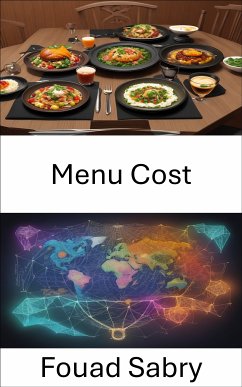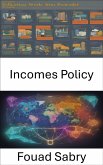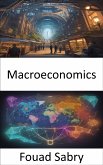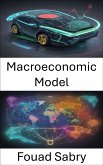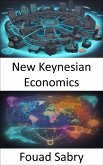What is Menu Cost
One of the costs that a company incurs as a result of adjusting its prices is referred to as the menu cost in economics. This is one of the microeconomic explanations that New Keynesian economists put up to explain the price-stickiness that exists in the macroeconomy. It was the expenditure that restaurants incur when they print fresh menus in order to adjust the prices of products that gave rise to the term. Nevertheless, economists have broadened the scope of its term to encompass the costs associated with altering prices in a more comprehensive sense. One way to categorize the expenses involved with the menu is as follows: costs associated with alerting the consumer, costs related with planning for and deciding on a price adjustment, and costs associated with the impact of consumers' probable reluctance to buy at the new price. The expenses associated with updating computer systems, re-tagging goods, changing signage, printing new menus, the costs associated with making mistakes, and the costs associated with employing consultants to establish new pricing strategies are all examples of menu costs. At the same time, businesses have the ability to lower the costs of their menus by implementing clever pricing strategies, which in turn reduces the need for constant adjustments.
How you will benefit
(I) Insights, and validations about the following topics:
Chapter 1: Menu cost
Chapter 2: Macroeconomics
Chapter 3: Stagflation
Chapter 4: Inflation
Chapter 5: New Keynesian economics
Chapter 6: Macroeconomic model
Chapter 7: Phillips curve
Chapter 8: Nominal rigidity
Chapter 9: Neutrality of money
Chapter 10: Dynamic stochastic general equilibrium
Chapter 11: Neoclassical synthesis
Chapter 12: New classical macroeconomics
Chapter 13: AD-AS model
Chapter 14: Missing market
Chapter 15: History of macroeconomic thought
Chapter 16: Real rigidity
Chapter 17: New neoclassical synthesis
Chapter 18: Calvo (staggered) contracts
Chapter 19: Monopoly profit
Chapter 20: Emi Nakamura
Chapter 21: Jón Steinsson
(II) Answering the public top questions about menu cost.
(III) Real world examples for the usage of menu cost in many fields.
Who this book is for
Professionals, undergraduate and graduate students, enthusiasts, hobbyists, and those who want to go beyond basic knowledge or information for any kind of Menu Cost.
One of the costs that a company incurs as a result of adjusting its prices is referred to as the menu cost in economics. This is one of the microeconomic explanations that New Keynesian economists put up to explain the price-stickiness that exists in the macroeconomy. It was the expenditure that restaurants incur when they print fresh menus in order to adjust the prices of products that gave rise to the term. Nevertheless, economists have broadened the scope of its term to encompass the costs associated with altering prices in a more comprehensive sense. One way to categorize the expenses involved with the menu is as follows: costs associated with alerting the consumer, costs related with planning for and deciding on a price adjustment, and costs associated with the impact of consumers' probable reluctance to buy at the new price. The expenses associated with updating computer systems, re-tagging goods, changing signage, printing new menus, the costs associated with making mistakes, and the costs associated with employing consultants to establish new pricing strategies are all examples of menu costs. At the same time, businesses have the ability to lower the costs of their menus by implementing clever pricing strategies, which in turn reduces the need for constant adjustments.
How you will benefit
(I) Insights, and validations about the following topics:
Chapter 1: Menu cost
Chapter 2: Macroeconomics
Chapter 3: Stagflation
Chapter 4: Inflation
Chapter 5: New Keynesian economics
Chapter 6: Macroeconomic model
Chapter 7: Phillips curve
Chapter 8: Nominal rigidity
Chapter 9: Neutrality of money
Chapter 10: Dynamic stochastic general equilibrium
Chapter 11: Neoclassical synthesis
Chapter 12: New classical macroeconomics
Chapter 13: AD-AS model
Chapter 14: Missing market
Chapter 15: History of macroeconomic thought
Chapter 16: Real rigidity
Chapter 17: New neoclassical synthesis
Chapter 18: Calvo (staggered) contracts
Chapter 19: Monopoly profit
Chapter 20: Emi Nakamura
Chapter 21: Jón Steinsson
(II) Answering the public top questions about menu cost.
(III) Real world examples for the usage of menu cost in many fields.
Who this book is for
Professionals, undergraduate and graduate students, enthusiasts, hobbyists, and those who want to go beyond basic knowledge or information for any kind of Menu Cost.
Dieser Download kann aus rechtlichen Gründen nur mit Rechnungsadresse in A, B, BG, CY, CZ, D, DK, EW, E, FIN, F, GR, H, IRL, I, LT, L, LR, M, NL, PL, P, R, S, SLO, SK ausgeliefert werden.

